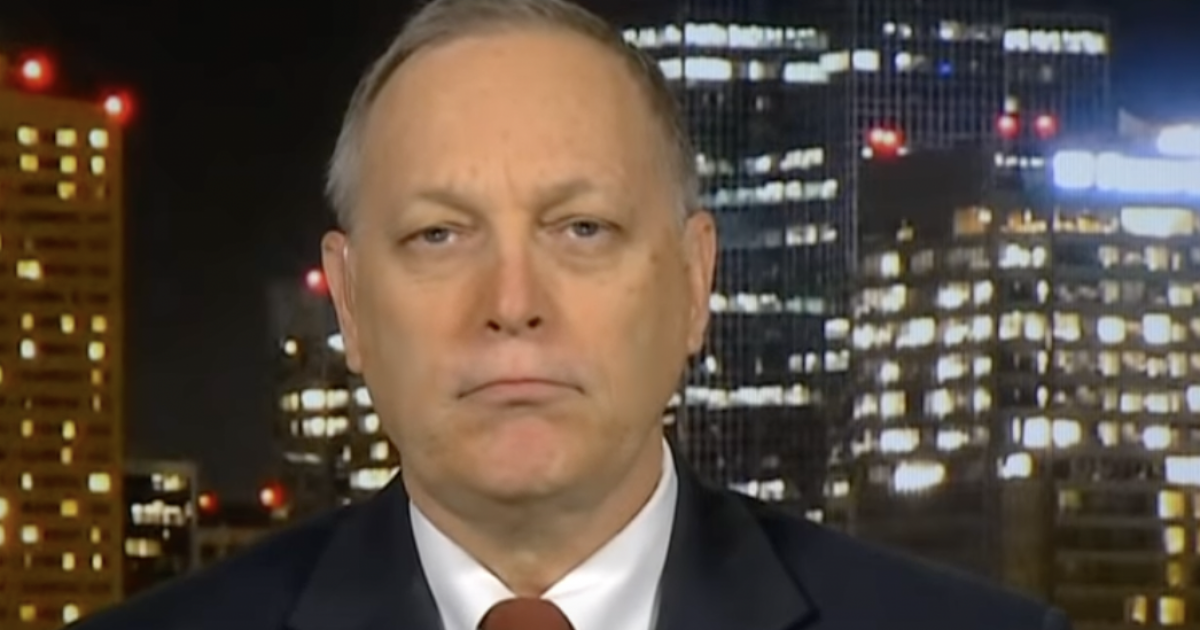
People don’t want to admit it, but China, not Russia, poses the largest strategic challenge to the United States. Per a report by Michael Washburn and Steve Lance at The Epoch Times, Arizona Congressman Andy Biggs believes that the Chinese Communist Party (CCP) is infiltrating and meddling in the internal affairs of the US. Biggs’ argued that the CCP’s subversive activity is largely being ignored
“[Russia’s] collusion with the Trump campaign was proven to be not real at all. But we have neglected the notion that China has also been an active player and has some interest in infiltrating our election systems and compromising our election integrity,” Biggs said to NTD on March 22, 2022.
The Arizona Congressman described the economic relationship between the US and China as “so vast, so broad, so deep.” Because of the intimate ties between the two nations, malicious actors within the CCP can tap into the US’s economic, political, and social networks to establish a foothold in the country.
“When we talk about Russian infiltration, it would be comparatively small, compared to the CCP. And the reason is, there’s just a so much larger network of interconnectivity between the United States and our institutions, including our economic institutions, and China,” Biggs observed.
In order to reduce US dependence on China, Biggs has proposed “a ‘repatriation’ of U.S. economic institutions, corporations, and manufacturing networks that are either situated in or closely tied up with China.”
In addition, Biggs congratulated former President Donald Trump for his efforts to reduce America’s dependence on China. “That really is something that I think President Trump was trying very hard to do,” the Arizona congressman remarked.
Biggs also made the case for decoupling from China. He argued that decoupling from China improved U.S. self-sufficiency. In addition, Biggs maintained that the US’s flaws were “greatly exposed” throughout the pandemic, where American reliance on Chinese manufacturing stuck out like a sore thumb. For Biggs, an additional benefit of a more self-sufficient United States is the resounding message it sends to CCP leadership.
“I’m never a big believer in intervention internationally, but I do [believe in it] when another nation is interfering in domestic politics. I do think that we have a responsibility to an American First foreign policy which actually would be beneficial to … citizens of China,” Biggs said in his concluding remarks.
The Arizona Congressman is right about the China threat. That said, there’s no need to militarily intervene against China to keep it in line. Smart policies such as restricting immigration from China, shutting down Confucius Institutes, and downgrading diplomatic relations with it can send a strong message to China that its subversive activities will not be tolerated.
Moreover, the US will need to put its regulatory state on a diet. Excessive regulation and taxation impede business development and incentivizes various enterprises to go overseas so as to cut costs and not have to deal with burdensome regulation.
All in all, the U.S. does not need to pursue hawkish policies, at least in military terms, against China. Instead, it can shore itself up domestically and make sure to deny China the ability to penetrate its markets and overall territory by restricting trade and immigration. Moreover, the US doesn’t need to go fully autarkic. It can double down on economic relations with its partners in the Western Hemisphere and start near-shoring manufacturing and other economic activities to countries that are not adversaries of the US in Latin America.



